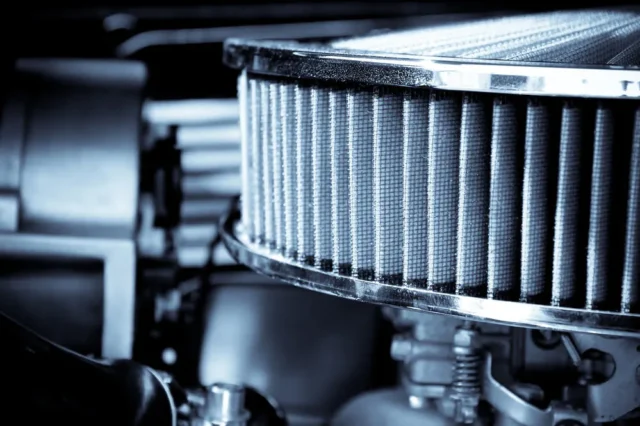In automotive pursuits, one frequently focuses on the engine, tires, and various visible components, all in the quest for peak performance. Yet, amidst this spotlight, one crucial element often languishes in obscurity: the air filter. While it may not possess the allure of a gleaming new exhaust system or the thrill of a high-performance engine upgrade, the air filter stands as a silent sentinel, diligently ensuring the seamless operation of your vehicle. This article delves into the significance of air filters and their pivotal role in enhancing car performance.
The Role of Air Filters in Your Car
At its core, an air filter’s primary function is to ensure that the air entering the engine is clean and free from contaminants. Your car’s engine depends on a precise blend of air and fuel for efficient operation. When the air is laden with dust, debris, or other impurities, it can disrupt this delicate balance and decrease performance.
Beyond maintaining the air-fuel mixture, it also serves as a crucial line of defense for your engine. They act as a barrier against harmful particles, preventing them from infiltrating the engine, which could otherwise lead to premature wear and damage to its vital components. This dual role not only contributes to sustained performance but also prolongs your engine’s lifespan.
Improved Fuel Efficiency
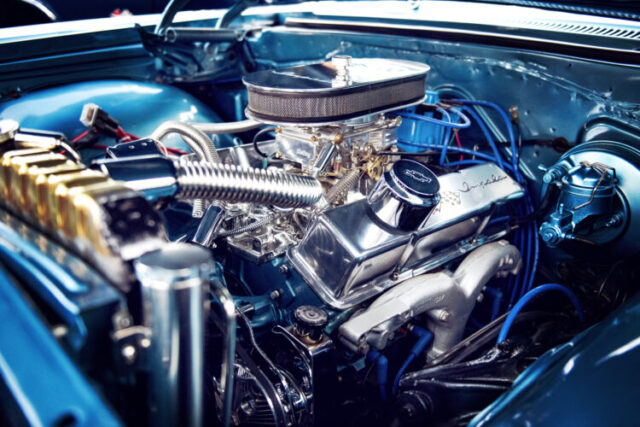
An often overlooked benefit of a clean air filter is its contribution to better fuel efficiency. When your engine receives a steady stream of clean air, it operates more efficiently, which can result in improved gas mileage. In a world where fuel costs are a significant concern for many drivers, every extra mile per gallon counts.
Enhanced Horsepower and Acceleration
It can be a game-changer for those who appreciate extra power under the hood. When your engine gets the air it needs without obstructions, it can generate more horsepower and better acceleration. This means quicker response times and a more exhilarating driving experience.
Reduced Emissions
In an age where environmental consciousness is paramount, it’s worth noting that a clean air filter can also reduce harmful emissions. A well-maintained air filter ensures your engine burns fuel more efficiently, producing fewer harmful pollutants. It’s a small but meaningful contribution to reducing your carbon footprint.
Different Types of Air Filters
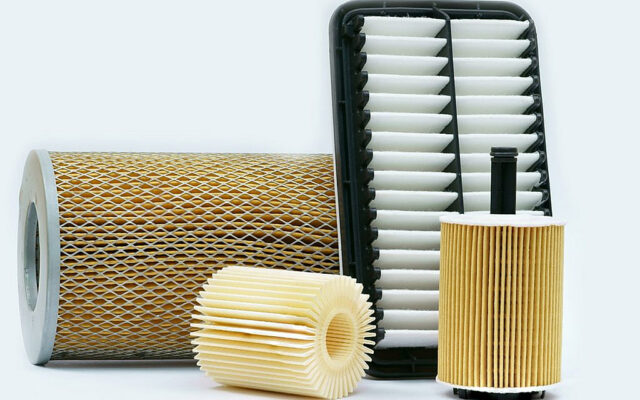
When it comes to selecting the right air filter for your car, it’s essential to understand the different types available in the market. Four common types are paper, foam, cotton, and synthetic filters. Each type comes with its own set of advantages and disadvantages, making it crucial to weigh your options before making a choice.
1. Paper Filters
Paper filters are the most common and budget-friendly option. They effectively capture large particles and debris, preventing them from entering the engine. However, paper filters may need more frequent replacements than other types, especially in dusty environments.
2. Foam Filters
Foam filters are known for their durability and ability to capture small particles. They are washable and reusable, making them environmentally friendly. However, they require regular maintenance and may not be as effective at filtering tiny particles as synthetic filters.
3. Cotton Filters
Cotton filters offer excellent filtration capabilities and are often used in high-performance applications. They are washable and can last longer than paper filters. On the downside, they can be pricier than other options.
4. Synthetic Filters
Synthetic filters strike a balance between filtration efficiency and longevity. They are durable, efficient at trapping particles, and can withstand extreme conditions. While they may be more expensive upfront, their longer lifespan can make them cost-effective in the long run.
DIY Air Filter Replacement
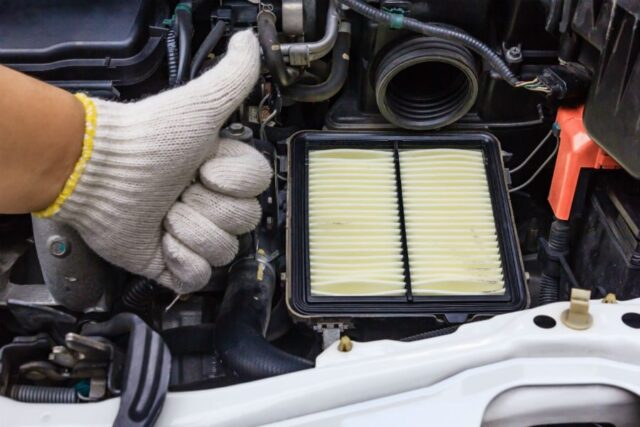
For those who prefer a hands-on approach to car maintenance, replacing an air filter can be a straightforward DIY task. Here are some basic instructions and safety precautions to consider:
- Safety First: Ensure the engine is cool before beginning. Wear appropriate safety gear, such as gloves and safety glasses.
- Locate the Filter: Refer to your car’s owner’s manual to find the air filter housing, which is typically located in the engine compartment.
- Remove the Old Filter: Carefully open the housing and remove the old filter. Be cautious not to let any debris fall into the intake.
- Inspect the New Filter: Before installation, inspect the new filter for any damage or defects.
- Install the New Filter: Place the new filter in the housing, ensuring it fits snugly. Follow the manufacturer’s instructions for proper orientation.
- Secure the Housing: Close the housing and secure it in place. Ensure all clips or screws are tightened correctly.
- Dispose of the Old Filter: Dispose of the old filter following local environmental regulations.
Cost Considerations
When contemplating the cost of air filters, it’s essential to consider both the initial purchase price and the potential savings in the long run. While high-quality air filters may have a higher upfront cost, they often provide substantial benefits:
- Improved Fuel Efficiency: A clean and efficient air filter can lead to better gas mileage, saving you money on fuel over time.
- Engine Longevity: By preventing contaminants from entering the engine, a quality air filter can extend the lifespan of vital components, potentially saving you on costly repairs.
Maintenance Tips
Regular maintenance is key to fully enjoying the advantages of a clean air filter. While the general guideline from most car manufacturers suggests replacing the air filter every 15,000 to 30,000 miles, inspecting it for any evident dirt or damage periodically is wise. In cases where you frequently navigate dusty or polluted terrains, you might find it necessary to replace the filter more frequently.
Finding a Reliable Provider
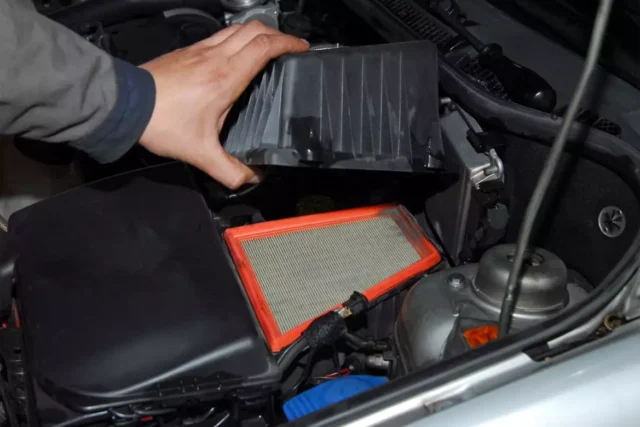
Now that you understand the importance of a clean air filter for your car’s performance, finding a reliable provider for replacement filters is crucial. When purchasing a new air filter, you have several options. Many auto parts stores carry various brands and types to suit different vehicles.
Another excellent option is to explore reputable online retailers in finding the right air filter for your car. They often offer a wide selection of filters at competitive prices and customer reviews to help you make an informed choice. Whether you prefer the in-person experience at a store or the convenience of online shopping, choosing a trustworthy provider ensures you get a quality air filter to keep your car running at its best.
Conclusion
In car performance, it’s often the subtle factors that have the most profound impact. While they may not boast the glamour of flashy upgrades, they are indispensable in guaranteeing your engine’s seamless, efficient operation and adding that extra dash of vitality.
The advantages of a well-maintained air filter are indisputable, spanning from heightened fuel efficiency and increased horsepower to diminished emissions. So, when contemplating ways to boost your car’s performance, remember the significance of giving your air filter the care it merits. Your engine—and your wallet—will undoubtedly express their gratitude.

